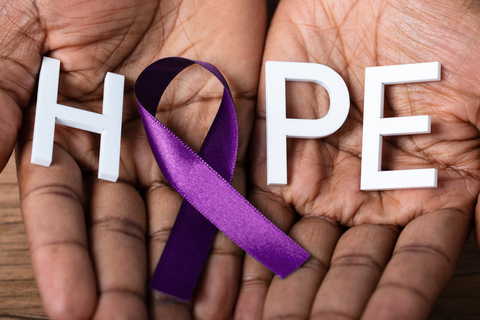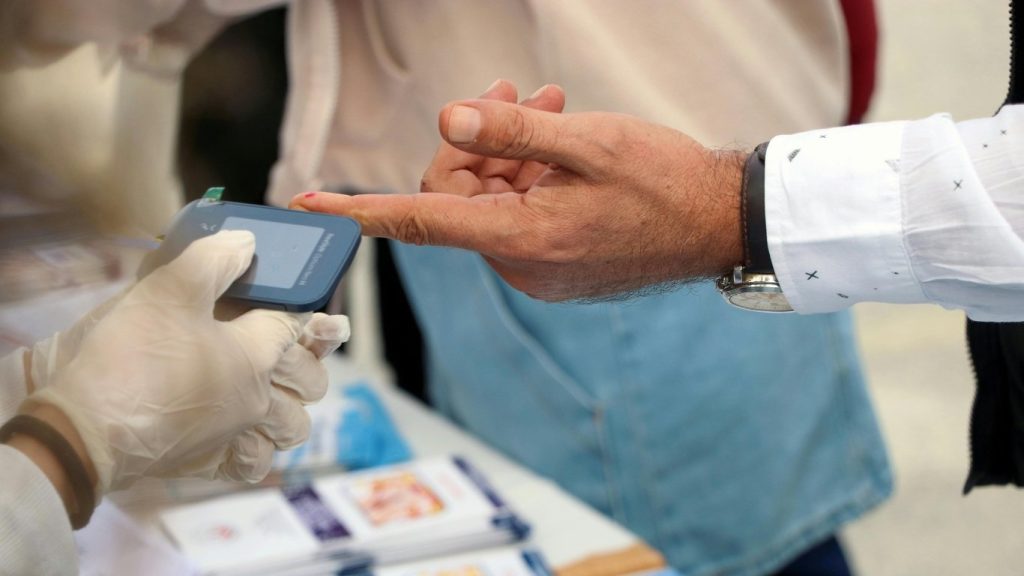Cancer
Hispanic ethnicity often not reported in breast cancer studies
August 25, 2022
2 min read
Source/Disclosures
Published by:
Disclosures:
The researchers report no relevant financial disclos...
New study shows increase in stage 4 cervical cancer in white, black women in the US
NEWYou can now listen to Fox News articles!
Late-stage cervical cancer is on the rise among white and black women in the United States, according...
Race, ethnicity among factors linked to cancer treatment delays for patients with COVID-19
August 23, 2022
4 min read
Source/Disclosures
Published by:
...
Black women have higher rates of late-stage cervical cancer - Consumer Health News
FRIDAY, Aug. 19, 2022 (HealthDay News) — Black women have a higher incidence of late-stage cervical cancer compared to white women, according t...
Impact of Acculturation on Cancer Prevention Dietary Patterns among Hispanic Families with a High Prevalence of Obesity
This study aimed to 1) examine the relationship between dietary intake and cancer prevention nutrition recommendations among Hispanic families, 2) ...
Cortisol levels in rural Latina breast cancer survivors participating in a peer-delivered cognitive-behavioral stress management intervention: The ...
Background:
Compared to their White counterparts, Latina breast cancer survivors have poorer survival rates and health-related quali...
Trending Topics
Features
- Drive Toolkit
Download and distribute powerful vaccination QI resources for your community.
- Health Champions
Sign up now to support health equity and sustainable health outcomes in your community.
- Cancer Early Detection
MCED tests use a simple blood draw to screen for many kinds of cancer at once.
- PR
FYHN is a bridge connecting health information providers to BIPOC communities in a trusted environment.
- Medicare
Discover an honest look at our Medicare system.
- Alliance for Representative Clinical Trials
ARC was launched to create a network of community clinicians to diversify and bring clinical trials to communities of color and other communities that have been underrepresented.
- Reducing Patient Risk
The single most important purpose of our healthcare system is to reduce patient risk for an acute event.



















